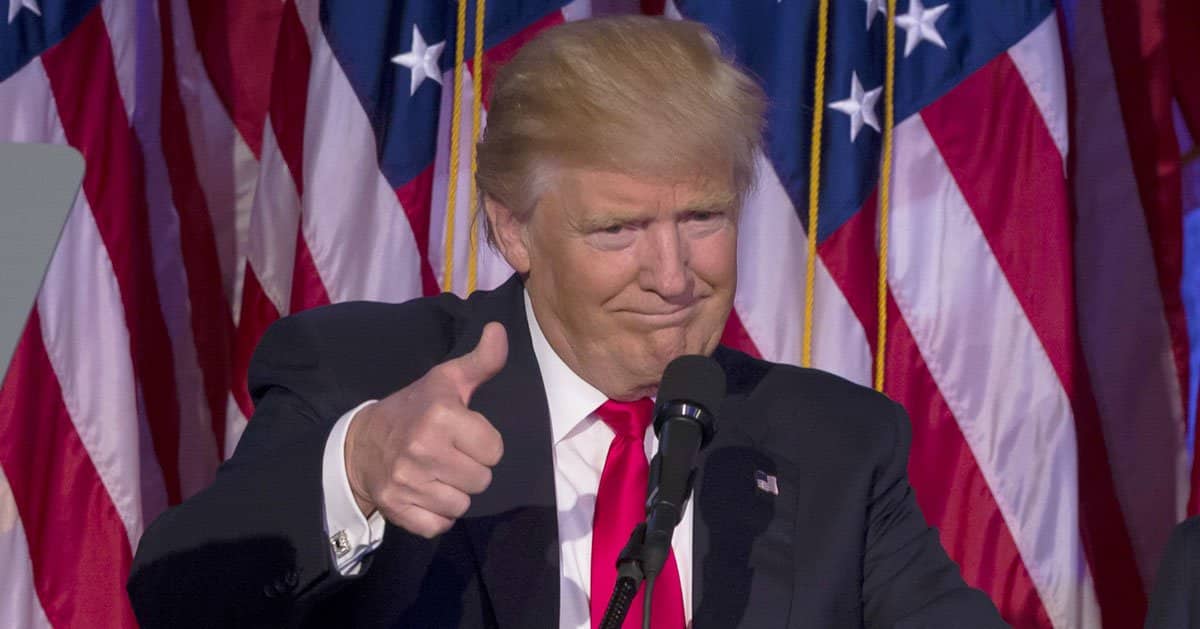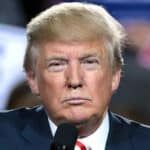








House Speaker Mike Johnson has dismissed Rep. Mike Turner from his position as chairman of the House Permanent Select Committee on Intelligence. The decision has sent ripples through Capitol Hill, reflecting broader shifts in congressional leadership at the dawn of a new session.
Breitbart reported that Speaker Johnson attributed the removal to the necessity for fresh leadership and claimed that it was a decision from the House, not influenced directly by President-elect Donald Trump.
The announcement, initially reported by Punchbowl News, was made on Wednesday, and immediately set off speculation about House Republicans cleaning the ranks of those with ties to the "deep state" that would be an obstacle to Trump's legislative agenda.
Johnson, who possesses the exclusive authority to appoint committee leaders, had delayed announcing the changes, enhancing the shock felt by many lawmakers. As a result, Turner's removal quickly became a point of intrigue and speculation.
Turner had been a staunch supporter of Section 702 provisions in the Foreign Intelligence Surveillance Act, a position criticized by privacy advocates.
His stance frequently put him at odds with Judiciary Chairman Jim Jordan, particularly over the contentious reauthorization of FISA, which passed in April 2024 with Turner’s preferred approach gaining the upper hand. These internal GOP struggles spotlighted the divergent views on surveillance within the party.
A prominent advocate for assistance to Ukraine, Turner had also become an outspoken figure in his calls for international aid amid rising geopolitical tensions. This advocacy seemed to stand in stark contrast to some of the party's more conservative voices, and his stance became another layer in the ongoing dynamics within the Republican ranks.
Reports suggest that Johnson’s decision to remove Turner was influenced by concerns expressed from Mar-a-Lago, the residence of President-elect Trump.
Johnson assured stakeholders that the decision stemmed from legislative needs rather than direct presidential influence. He emphasized the necessity for a fresh perspective within the Intelligence Community and the committee, advocating for renewal and innovation in these crucial times.
Turner’s relationship with Speaker Johnson had begun to fray earlier in 2024, after expressing worries about a potential threat from Russia. This confrontation marked the start of their declining rapport, which continued to strain over the following months.
Johnson underscored his admiration for Turner's efforts and accomplishments during his tenure, even as he paved the way for new leadership.
The relationship between the two legislators further deteriorated in June 2024 when Johnson unexpectedly appointed Reps. Scott Perry and Ronny Jackson, both conservatives with controversial reputations, to the Intelligence Committee. This move was viewed by some as a tilt toward more conservative voices, altering the dynamic and focus of the committee's work.
Turner was also one of the few Republicans who voted against censuring then-Representative Adam Schiff in 2023. This decision added to his complex profile within the party as both a supporter and critic of various party actions, often aligning with minority perspectives on pivotal votes.
Turner's removal underscores the evolving landscape of Republican politics, particularly the influence of the incoming Trump administration. Johnson's speakership itself was notably supported by Trump, who encouraged party members to rally behind Johnson. This backing further illustrates the intricate relationship between Trump’s political strategy and the Republican agenda in Congress.
Turner confirmed his removal to CBS News, marking the end of his leadership of the influential committee. This change occurs as the new Congress seeks to address various challenges at both domestic and international levels, demanding conscious adjustments in legislative priorities.
With Turner's removal, the House Permanent Select Committee on Intelligence enters a phase of transition. Johnson's emphasis on needing “fresh horses” highlights the strategic direction being steered towards change and removing those who could be obstacles to upcoming plans.



